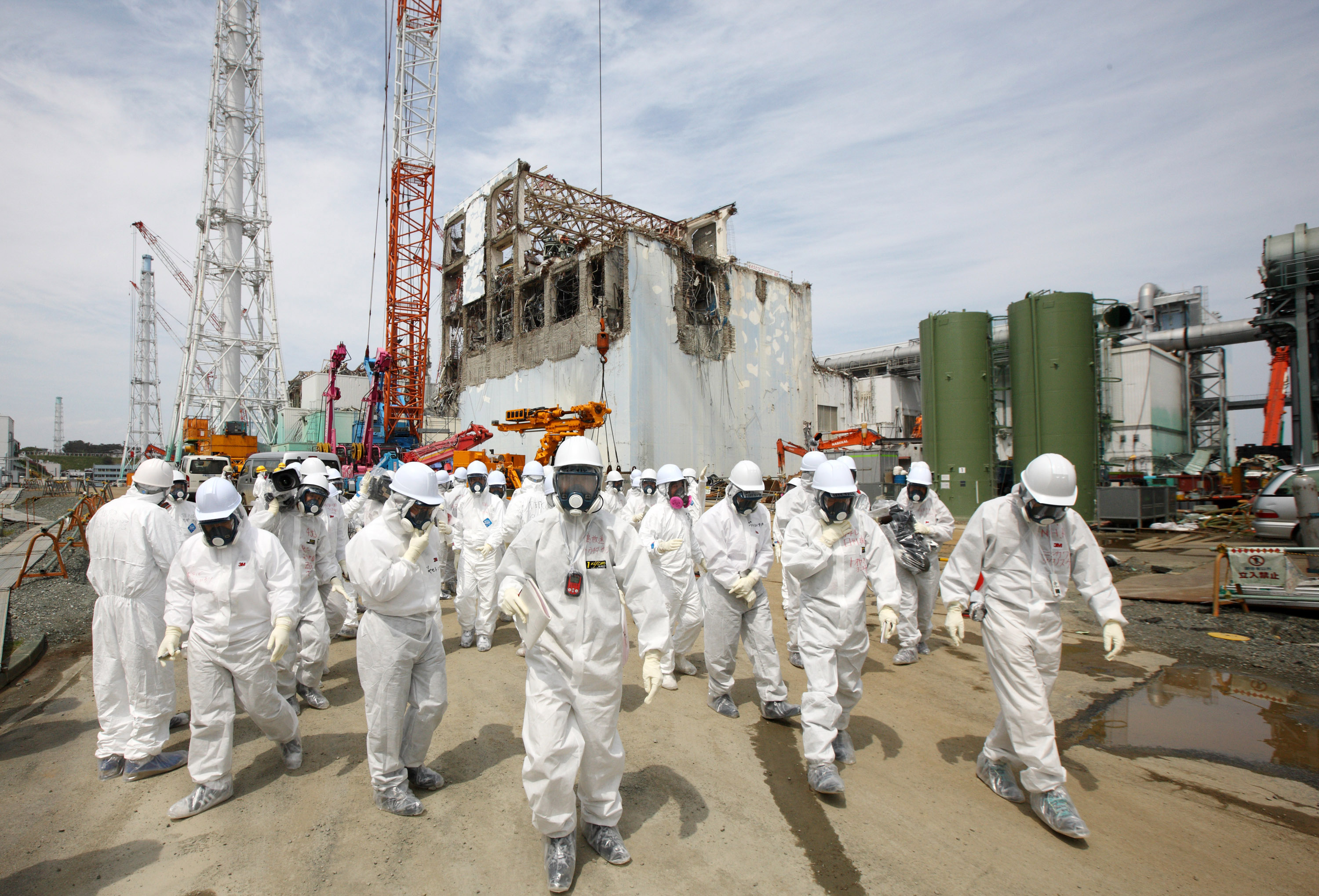South Korean director Kim Ki-duk is a noted provocateur. His latest movie, "Stop," is about a Japanese couple who were living near the Fukushima No. 1 nuclear power plant when it suffered a meltdown in March 2011.
They evacuate to Tokyo, where the wife is pestered by an underground cult that insists she abort her presumably irradiated fetus, and she becomes convinced she should. Her husband is equally convinced there is nothing wrong with the baby and ties his wife up to prevent her from doing anything. Kim's point seems to be that whichever position you take on the nuclear accident, it will invariably drive you insane.
But these positions do divide families. In an interview that appeared Oct. 20 on Norikoe Net TV, writer Minori Kitahara remarks to filmmaker Hitomi Kamanaka that there are no men in her latest documentary, "Little Voices from Fukushima," which centers on a group of mothers trying to gain more information about the effects of radiation on their children's health, because the authorities give them none. Kamanaka says these women's husbands refused to appear on camera "even though they support what their wives are doing."

















With your current subscription plan you can comment on stories. However, before writing your first comment, please create a display name in the Profile section of your subscriber account page.